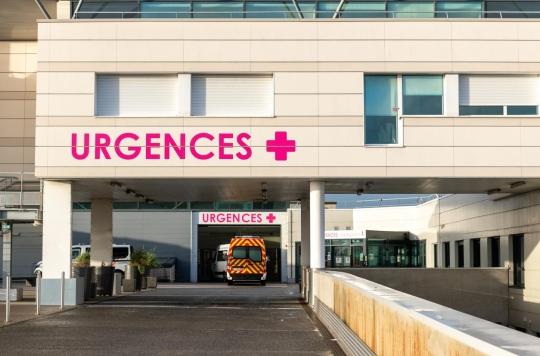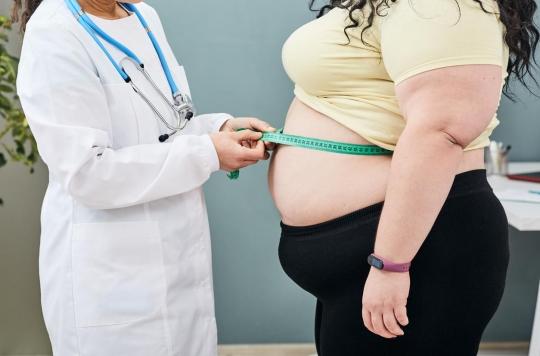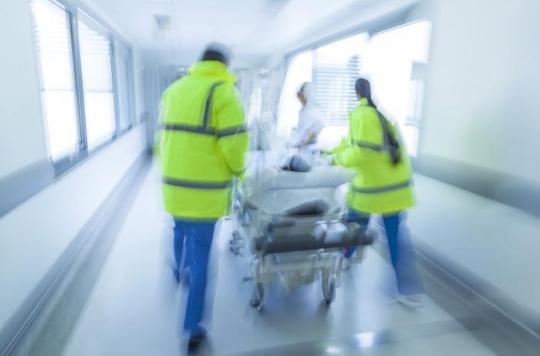The government wants to reform the numerus clausus and the competition at the end of the first year, which, since 1971, aim to limit the number of doctors in the territory.

“Do you know the difference between a medical student and a prep student? Ask them to learn the botin by heart. The prep student will answer you: Why ? The medical student will answer you: for when ?“. The joke that illustrates the trailer for Thomas Lilti’s new film, First year, summarizes well one of the motivations of the government to abolish the numerus clausus. Its leaders have said it several times: all this cramming does not necessarily then make good doctors.
“Structural reforms, but which will take time, will be taken to reopen the numerus clausus which have built this scarcity of medical personnel in the territories”, also declared Emmanuel Macron in July 2017, resuming one of his campaign promises.
Classic partials
According to France-Info, the famous competition at the end of the first year, as it currently exists, would therefore be replaced by traditional partials. For the rest, the government has not yet decided. First option: leave universities free to train as many doctors as they wish, betting on self-regulation of student flows via the size of the lecture halls and internships.
Second option: keep some form of selection in the third year, possibly with a competition. There, the failed students would have the opportunity to move on to other health professions, thus not losing the fruit of their efforts. “We all know cases around us of students, often deserving, who after two failures, find themselves with nothing. Some, generally the wealthiest, will be trained elsewhere in Europe. For others, the penalty is very brutal “, analyzed Prime Minister Edouard Philippe last February.
Currently, the numerus clausus is an ultra-selective competition, based essentially on par-rote, which aims to limit the number of doctors in France. In 2017, out of nearly 60,000 applicants, only 8,200 were admitted to medicine last year, barely 15% of participants (one in seven). As a result, many students repeat, even cub, and pay for private prepas at the same time, in fact creating a competition that favors the richest among them.
“We must go much further”
Introduced in 1971, the numerus clausus, which was 8,671 in 1977, was subsequently drastically reduced to reach only 3,500 in 1993. Since then, successive governments have gradually raised the number of clausus, which has returned to the level of the years. 70 in recent years.
For the CSMF, the government’s intention is good but does not go far enough. “Yes, we must reform access to medical studies, while maintaining a selection method in line with future medical needs. But we must go much further and reform all medical studies, both first and second. second cycle, to make students’ paths more flexible and open up different career possibilities. This involves in particular a diversified education (including humanities and management), the development of training courses in city practice, etc. “, explains the union .
4 in 10 students drink too much alcohol
Better protect students from stress and future burnouts would also be a good thing. A recent study conducted at 35 French medical universities indicates that 19% of students take ecstasy, 11.5% cocaine and 11% hallucinogenic mushrooms. 4 in 10 students also drink too much alcohol, often mixed with anxiolytics.
“The students seek both to reduce their anxiety and their stress before the exams, but also to keep up with the pace of the guards in the hospital. This comes from a desire for performance”, explains Dr Guillaume Fond, psychiatrist and director. of the study. “They start their consumption without taking into account the risk of addictions, withdrawal and depression. However, the more we consume, the worse the results are at the end, “he laments. Before the summer, the elimination of exams classifying at the end of the sixth year was implemented.
.

















